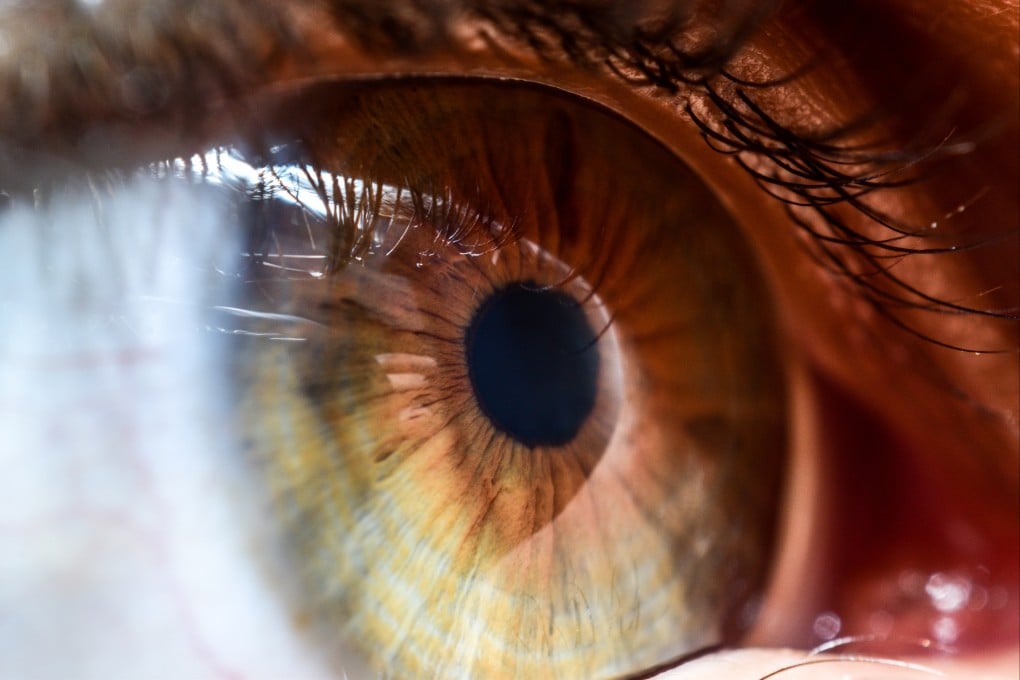Depression and dementia may be treatable using eye stimulation therapy, Hong Kong researchers show
- Transcorneal electrical stimulation, or TES, is used to treat certain eye conditions, but may also help fight depression and dementia, a Hong Kong study shows
- The treatment lowers stress, stimulates the production of brain cells, and improves spatial learning in mice, the lead author of the study tells the Post

A team of scientists from the University of Hong Kong and City University of Hong Kong have published results from a study that could have life-changing implications for sufferers of two of the world’s most debilitating health conditions: depression and dementia.
Lead author Dr Lim Lee-wei, an assistant professor in the school of biomedical sciences at the University of Hong Kong, explained the science of transcorneal electrical stimulation (TES), a non-invasive stimulation of the cornea – the eye’s surface.
TES is reported to have positive effects in treating various eye conditions and is practical and easy to administer to humans. Contact-lens-like electrodes are placed on subjects’ corneas and connected to a special stimulation unit. This improves vision through its effects on the retina and optic nerve.
TES also activates brain pathways which reduce the production of stress hormones, producing an effect similar to that of antidepressants, the study shows.

